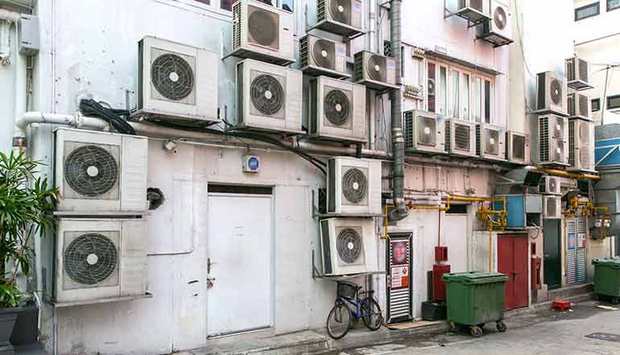RMI calls for rethink on AC standards

The organisation behind the Global Cooling Prize claims that current air conditioning testing standards and performance ratings fall short in the context of a warming world.
The Rocky Mountain Institute (RMI), a Colorado-based sustainability research and consulting organisation, claims that the standards are more aligned with the climate profiles of the global north, which experience lower levels of humidity than those in the global south.
It adds that the current test procedures are too simplistic — measuring the AC’s standard cooling capacity by locking the compressor speed at an outdoor temperature of 35°C (95°F), far from how the units operate in the real world.
The RMI maintains that because these test procedures are not aligned with real-world operation, a major opportunity to improve AC efficiency is being missed.
It argues that If you are an AC user living in a hot and humid place such as Mumbai or Chennai in India, Singapore, or Florida in the US, you almost always turn down the thermostat or the air conditioner setpoint significantly to manage humidity in the air.
“This results in overcooling of the air and consequently higher than expected energy consumption,” the RMI says. “And while you expect to save energy and money because you purchased a high-efficiency AC, your energy bills are not going to be dramatically different than a typical product.”
A coalition has been formed between the RMI, Lawrence Berkeley National Laboratory’s Global Cooling Efficiency Programme, and CEPT University, India to address this issue. The coalition has embarked on a programme to develop performance metrics for characterization of next-generation room air conditioners, with support from the Clean Cooling Collaborative.
By establishing pragmatic hypotheses for future AC testing standards and performance rating systems, the initiative aims to provide manufacturers with clear targets, enable informed consumer decision-making, and drive the market shift toward super-efficient ACs.
